|
This week several of my colleagues left for New York to attend a number of key-gatherings in an attempt to sustain the momentum of last years gatherings where new agreements were reached on how to deal with disasters (Sendai), climate change (Paris) and bring about sustainable development (New York).
The UN Summit for Refugees and Migrants that was held on the 19th tilts the landscape and yields yet another declaration: The New York Declaration. Already referenced as a land-mark shift towards the modernization of refugee and migration law. The Secretary General also launched a new campaign: "Together - Respect, Safety and Dignity for All" which he must have taken off our walls at the CARE office. It should all culminate in a new conference in 2018. Today the initiative was followed by a conference entitled "Large movements of refugees and migrants: Global challenge, regional responses, comprehensive strategy" organized by Italy. Italy has also been the initiator of another Global Compact on Migration feeling the pressure head on. Frederica Mogherini, the EU foreign secretary, informed the audience about a new External Investment Plan from the EU to combat illigal trafficking of people. It mobilizes 44 billion euro to accompany private investors in fragile states and to foster economies in these countries supporting infrastructure, market development and small and medium enterprise development linked to job creation. All linked to the sustainable development goals of course. Resources for this investment plan have already been allocated. The Dutch Minister of Foreign Affairs Bert Koenders was appreciated for his effort to kick start this initiative. Mogherini was only quick to state that saving lives has to be prioritized. And here is where I am 'missing the boat'. Are we saving lives by investing in Africa? Of course investment is needed to address root causes, but also aid is needed. Getting entrepreneurs responsibly invest in Africa still remains a challenge, certainly in fragile contexts and even in seemingly less fragile contexts as witnessed by recent events in Ethiopia with attacks on foreign businesses. Tomorrow another initiative will be launched by the Secretary General: "Platform for Action Change and Transformation" that provides for the implementation of the commitments made at the World Humanitarian Summit in Istanbul, earlier this year. With the impressive list of declarations, initiatives, compacts and conferences and the number of previous commitments referenced in paragraph 1.19 of the New York Declaration, you would agree with the Dutch vice-Minister Andre Haspels echoing the speech of his Minister Koenders today: "let's turn intentions into actions", something the Secretary General also must have thought after the Istanbul World Humanitarian Summit. John Mitchell of ALNAP rightly referred to this phenomenon as a commitment gridlock calling for some concerted action. However, also today budget discussions took place in The Hague in the Netherlands. They show a grim political reality in terms of readiness of the Dutch to pledge towards an unambivalent aid and investment programs. Instead a 0.5 billion budget cut in humanitarian aid appeared in the proposed budget. Some real transformation is needed in Dutch politics. (below the WHS framework with 24 shifts/changes in direction proposed - also check out the Sustainable Development Knowledge Platform on the status of various UN processes)
0 Comments
|
About meMy name is Reinier van Hoffen. U®Reading
Click here for a summary.
Also find the text of a lecture Dr. Achterhuis held at the 2012 Bilderberg conference. Archives
August 2022
|
AddressNachtegaallaan 26
Ede, the Netherlands |
Telephone+31 (0)6 1429 1569
|
info@uraide.nl
|
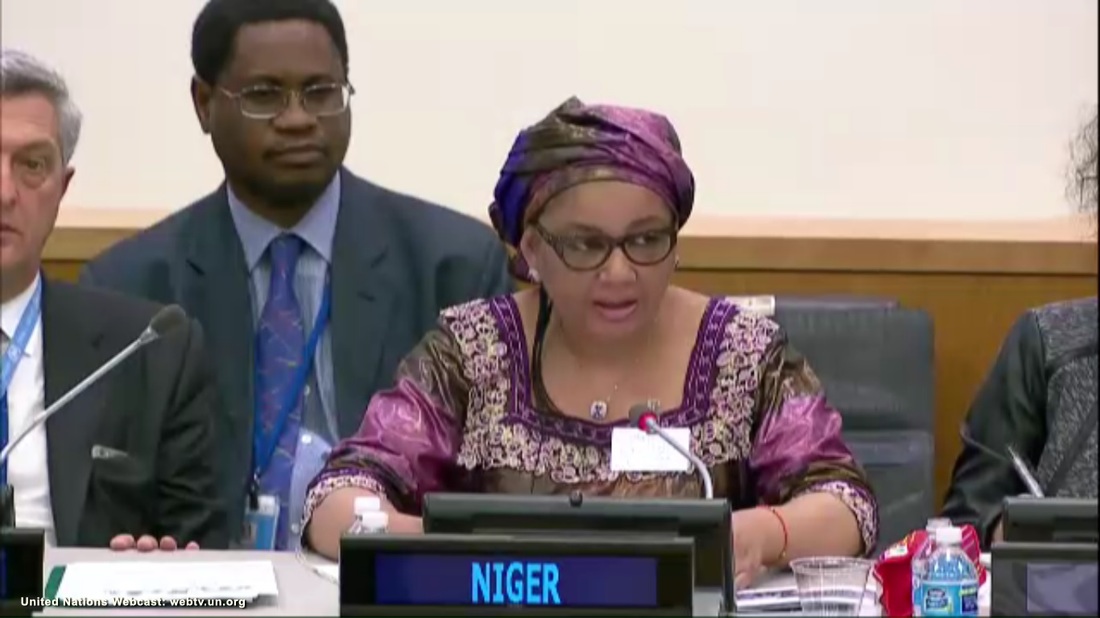
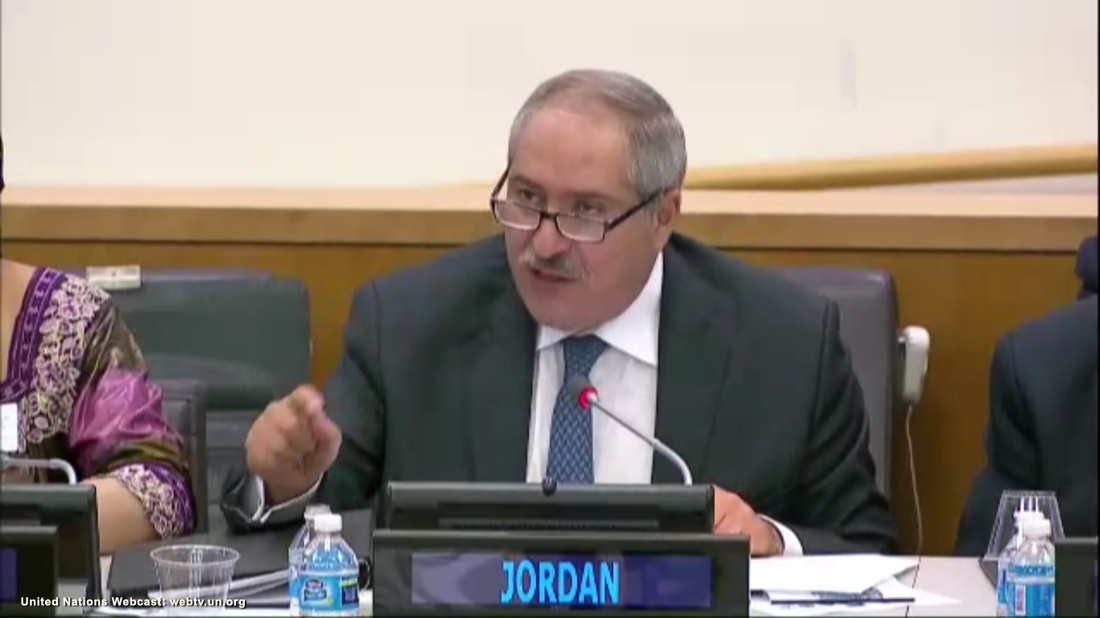
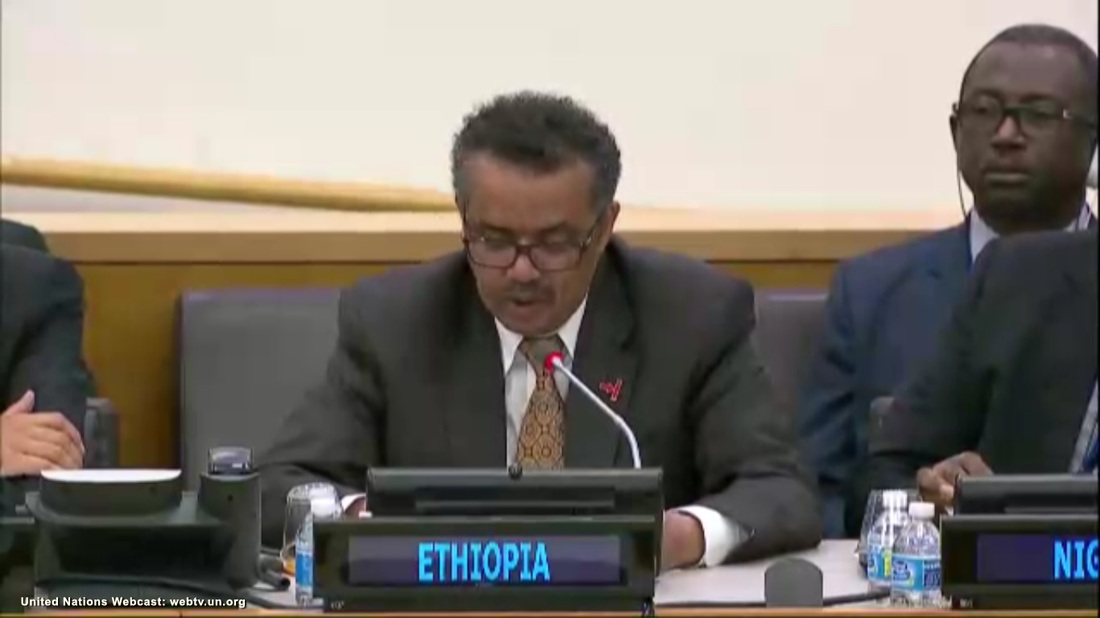
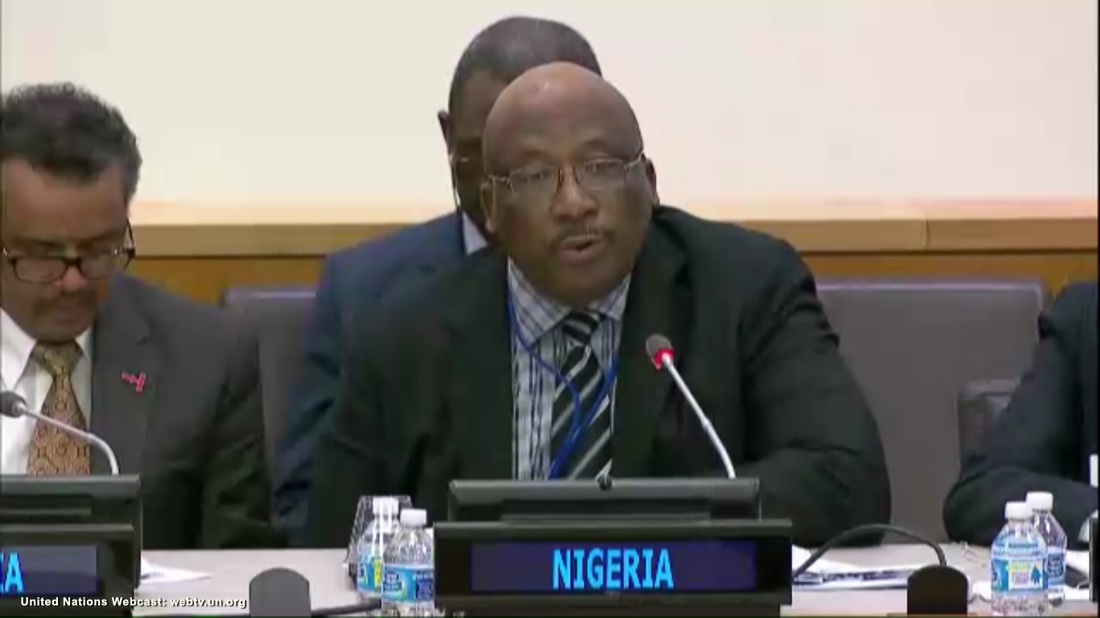
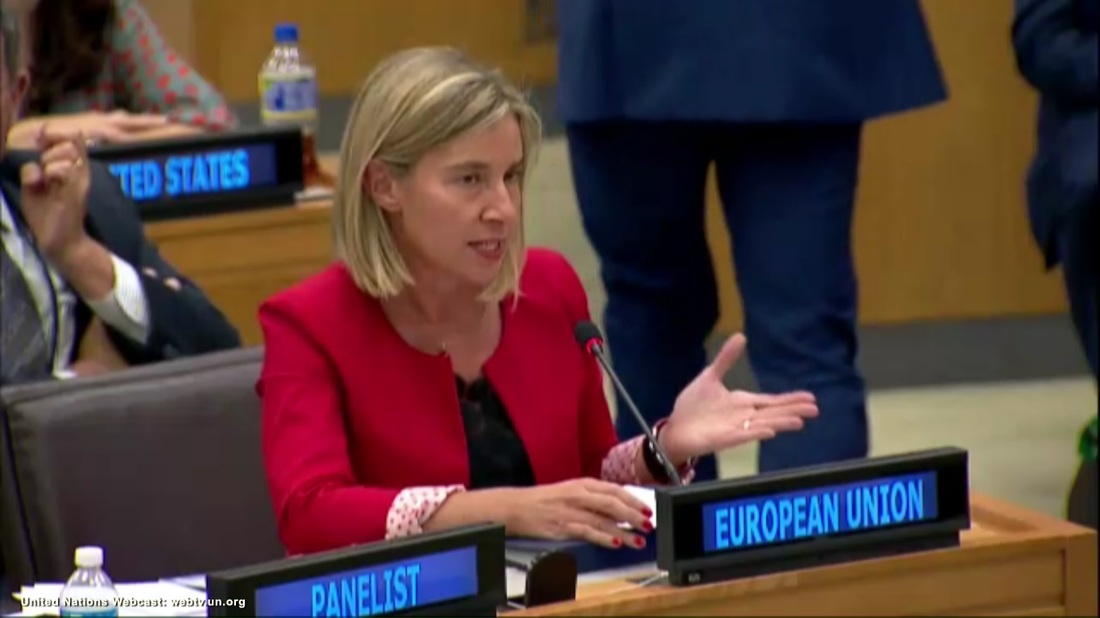
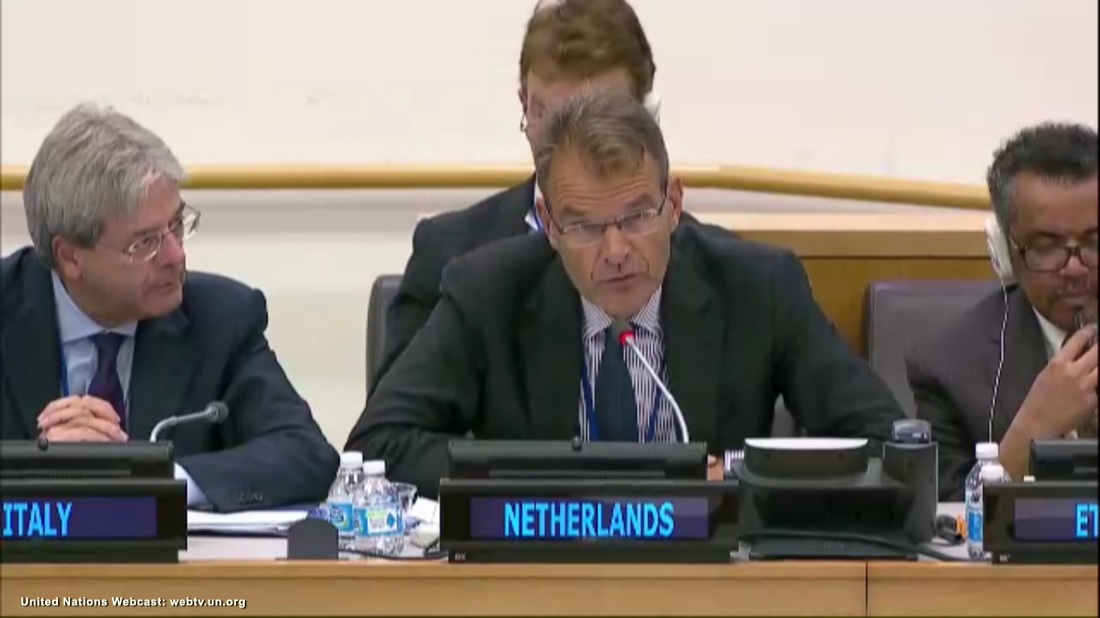
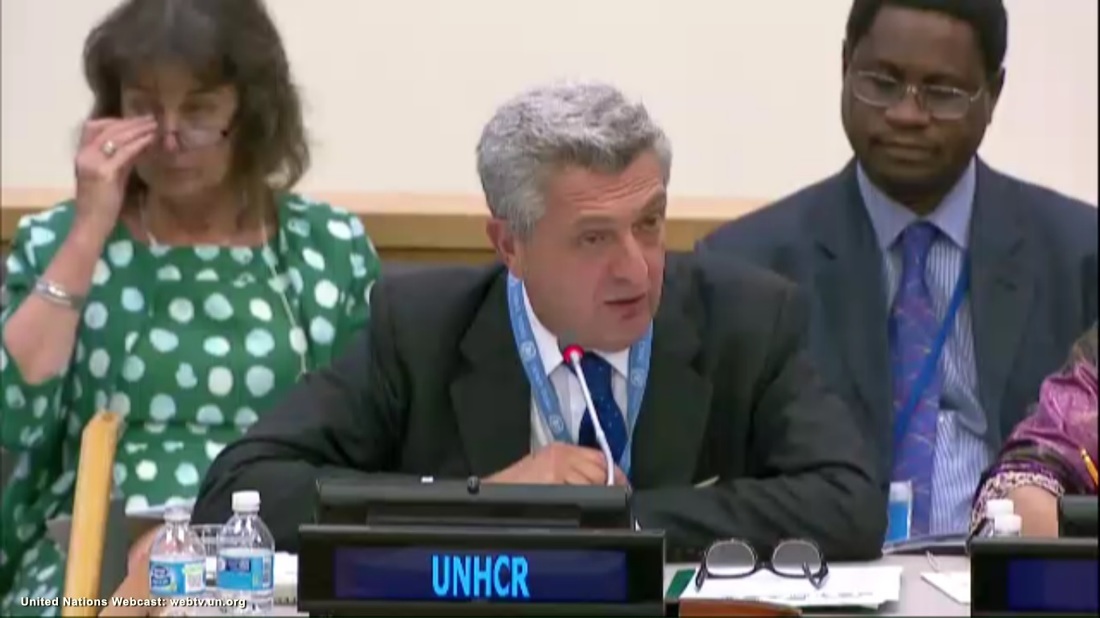
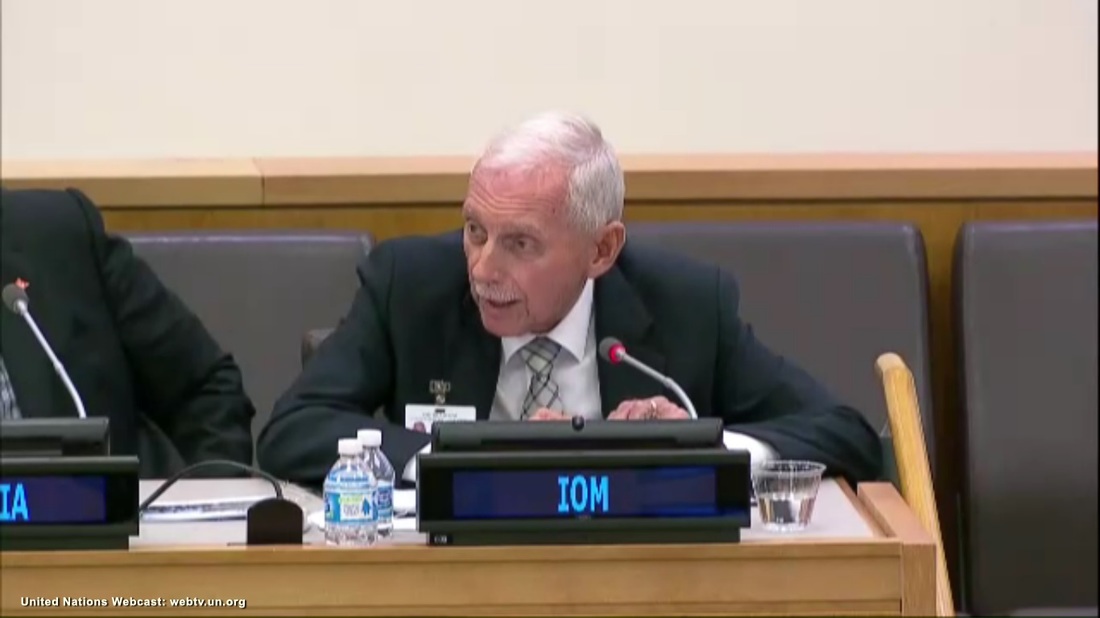
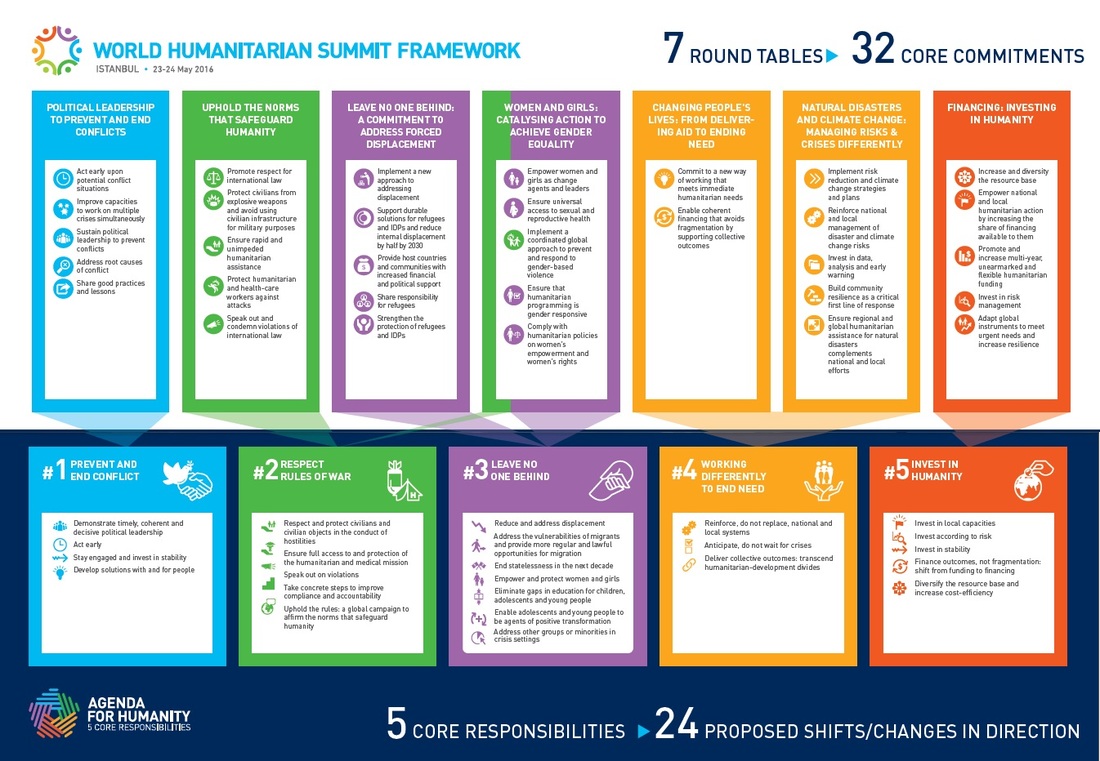
 RSS Feed
RSS Feed
















